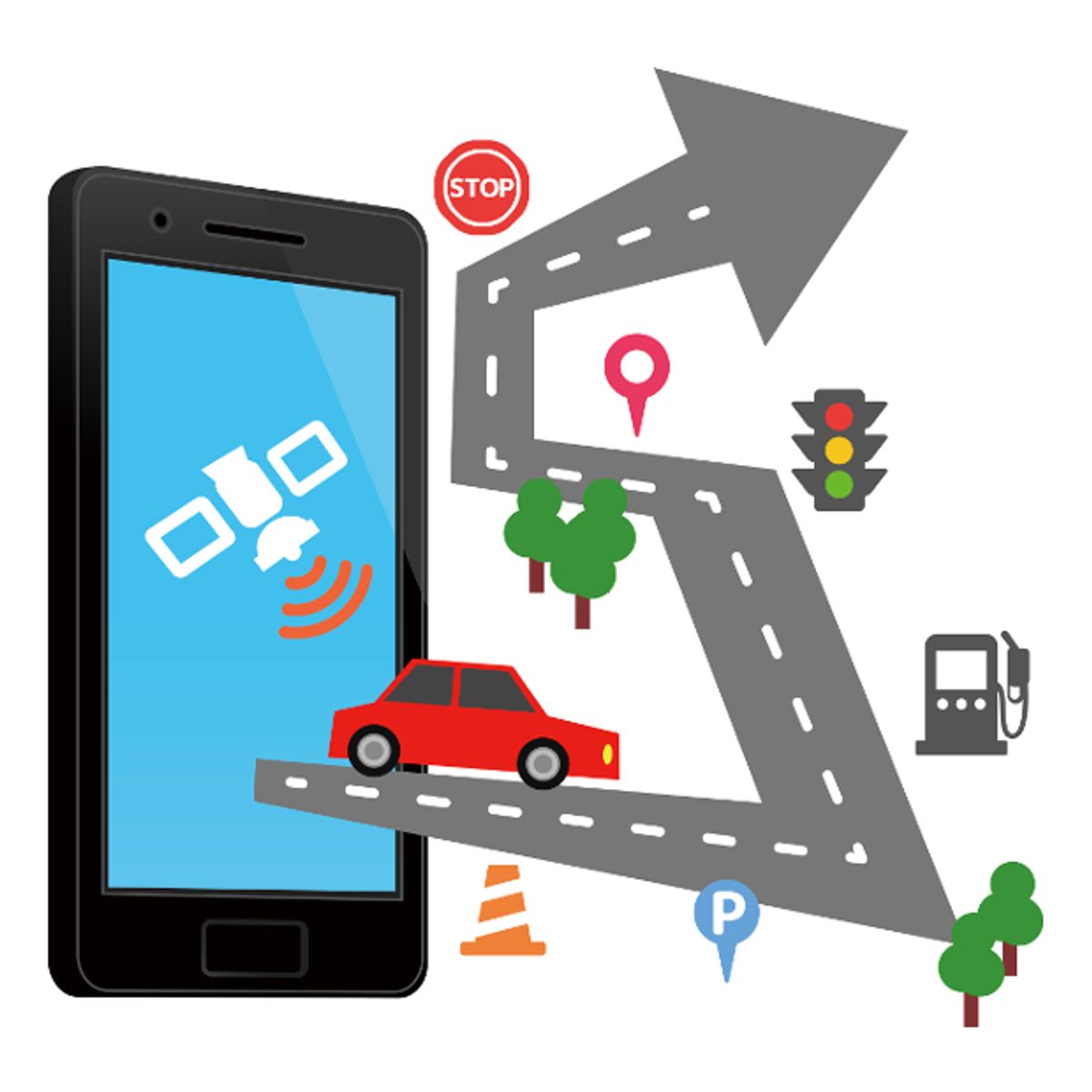A newly formed industry consortium, the AllSeen Alliance, wants to advance the adoption of the “Internet of things” through an open source framework. The Internet of things is based on the idea that devices and objects can connect to each other for seamless sharing of information and coordinated operations.
In such a connected world, you could turn the car off, open your front door and have the same song or radio show playing in your home. Additionally, when you drive up to your house, the doors could unlock automatically.
The AllSeen Alliance involves leaders in home appliances and computing, including the Linux Foundation, LG Electronics, Panasonic, Qualcomm, Sharp, Cisco, D-Link and others. The software framework comes from a project originally developed by Qualcomm called AllJoyn, which allows products to communicate over Wi-Fi, power line networks, or Ethernet. The alliance members plan to expand the standard and take input from the open source community.
The first applications will likely be in home security, entertainment, and connectivity. A smartphone’s geolocation could let a home security and lights system know when a homeowner is approaching the house and turn on lights and unlock doors. If someone tried to break into a home, it could trigger lights to flash and a camera to snap pictures of the intruder.
“We envision that users will be able to add the benefits of 'the Internet of Things near me' to the cloud-based services they already enjoy,” said Rob Chandhok, president of Qualcomm Connected Experiences, in a statement. If it is successful, eventually your household electronics could talk to each other no matter who the manufacturer is.
The Internet of things, and particularly a connected home, has seemingly been just around around the corner since the time of the Jetsons, but has never quite materialized. But there are finally some signs (beyond the hype of the Consumer Electronics Show) of the idea actually entering the mainstream market. Some cable companies and security companies, such as Comcast's Xfinity Home and Alarm.com, are already offering basic versions of these services, with lights, security and heating and cooling functions that can be controlled from a smartphone.
The AllSeen Alliance is not the only group trying to move the market forward. The Internet of Things (IoT) Consortium also has an aim of “cooperation between hardware, software, and service providers.” But the AllSeen Alliance has a leg up on the consortium and other efforts in terms of the scope and pedigree of its members. The IoT has some household names, such as LogiTech, but not nearly as many as the AllSeen Alliance, which claims many popular brands such as LG, Panasonic, Cisco and Sharp.
Even if one group can build a standard that most companies are eager to build to, all players will not necessarily be onboard, especially if individual companies build ecosystems before a standard emerges. Nest Labs, which has a popular thermostat recently launched its own developer program that will go live in 2014 for companies or individuals that want to build apps or connectivity with its network.
But Jim Zemlin, executive director of Linux Foundation, told PCWorld that the code is already implemented in some products sold today and more announcements would be coming at Consumer Electronics Show in January.
The open source framework could also be used for commercial applications, the alliance said in a statement. On factory floors, for instance, a self-aware network could learn the capabilities of new equipment and adjust the manufacturing process automatically.
The software will be able to run on various platforms such as Linux, Linux-based Android, iOS, Windows and various embedded variants. The initial codebase is available to developers at www.allseenalliance.org.
Illustration: Kazuaki Inagaki/iStockPhoto




